 |
- WoRMS - World Register of Marine Species
- Catalog
of Fishes - more than 53,000 species and subspecies, over
10,000 genera and subgenera, and includes in excess of 16,000
bibliographic references.
- Copepoda
- diversity and geographical distribution of pelagic Copepoda
for the world.
- Hexacorallians of the world - Catalogue of species, bibliography of literature in which they were described, inventory of type specimens, distribution maps, and images.
- MASDEA - Marine Species Database for Eastern Africa
- AlgaeBase - dynamic,
searchable database that stores information on the scientific
names of seaweeds (including seagrasses), particularly taxonomic
and distributional details.
- World
Resources Institute - Biodiversity and marine ecosystems
part of their global marine strategy
- Elasmo World -
biological and reference database on Elasmobranchs
- Classification
of Whales - information on marine mammals
- FishBase -
database containing all records of fin fish species from the
FishBase CD-ROM.
- Fish Larval Base -
A global information system about fish larvae that are relevant
in the field of finfish aquaculture.
- Ocean
Biogeographic Information System: Atlas of Marine Diversity
- a database of global marine animal and plant distributions.
- SCAR-MarBIN - Antarctic Marine Biodiversity Information Network
- French Polynesian Crustacea
Decapoda - a checklist, illustrations, database and
references (in French and English)
|
 |
- Marine Biodiversity and Ecosystem Functioning (MarBEF)
- EU network of Excellence funded by the European Union and consisting of 82 European marine institutes, is a platform to integrate and disseminate knowledge and expertise on marine biodiversity, with links to researchers, industry, stakeholders and the general public
- Marine Genomics Europe (MGE) - is a crossroads between Life Sciences, Ecology, Environment, Bioinformatics and High technologies within a multicultural European network. MGE is a Network of excellence devoted to the development, utilization and spreading of high-throughput approaches for the investigation of the biology of marine organisms
- EurOBIS - The European Ocean Biogeographic Information System
- Biological Effects of
Environmental Pollution in Marine Coastal Ecosystems (BEEP)
- The research Programe BEEP is an interdisciplinary project as
a consequence of its focus on scientific interfaces between
chemistry, biology, biochemistry and ecotoxicology
- European Register of
Marine Species - a European register of marine species,
list of identification guides and database of taxonomic experts
- European
Marine Mollusca - Checklist of European marine mollusca
- Estuarine and Coastal
Sciences Association Home Page - promotes marine research
and education in Scotland
- European
Science plan on marine biodiversity- report outlining the
ESF-EMaPS Position on marine biodiversity
- European
Sea Floor Observatory Network (ESONET) - ESONET will
establish the basis for a marine component of GMES (Global
Monitoring for Environment and Security) comprising a network of
long-term, sea floor, multi-disciplinary observatories at key
provinces around the European margin providing continuous
vigilance in relation to geophysical, biogeochemical,
oceanographic and biological phenomena. ESONET will be focussed
beyond the continental shelf edge in the ocean margin areas down
to 4000m depth which are less well known than the shelf itself
and generally beyond the reach of existing ocean data systems.
|
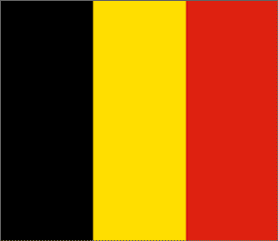 |
- MACROBEL - Long term trends in the macrobenthos of the Belgian Continental Shelf
- BEWREMABI - Belgian Shipwrecks: hotspots for Marine Biodiversity
- TROPHOS - Higher trophic levels in the Southern North Sea
- NeMys - NeMys is a database system developed to store as many as possible types of biological information with focus on marine Nematoda and Mysida
- Antarctic Amphipods at the Royal Belgian Institute of Natural Sciences
- the Antarctic marine biodiversity reference centre devoted to
amphipod crustaceans
- Marelac - Ghent
University MSc Course on Marine and lacustrine sciences
|
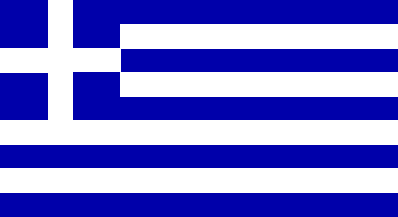 |
|
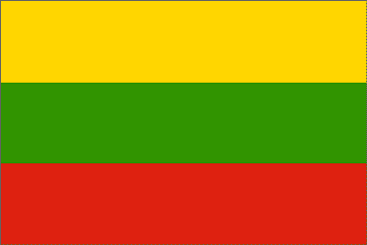 |
- Baltic
Sea Alien Species Database- The Baltic Sea area is known
to host about one hundred aquatic alien species. An alien
species is any species intentionally or accidentally transported
and released by man into an environment outside its native
geographical range of habitat.
|
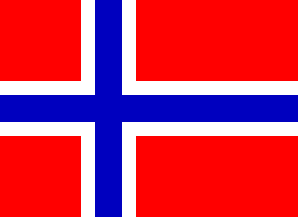 |
|
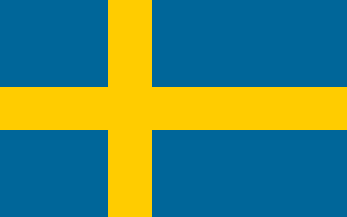 |
|
 |
- British
Marine Life Study Society - organisation aiming to
stimulate interest in the undersea world and natural history of
the seas, and related subjects, to bridge the gap between the
popular books and scientific literature by publishing readable
and informative articles on marine life and the ocean
environment and to liaise and co-operate with conservation and
fishery organisations and other wildlife groups.
- Darwin
Initiative project - exploring the use of the Internet as
a mechanism for quickly exchanging taxonomic information about
polychaetes.
- Scottish Association for
Marine Science - promotes marine research and education in
Scotland
- MarLIN website -
Marine Life Information Network is an initiative of the Marine
Biological Association of the UK in collaboration with major
holders and users of marine biological data. MarLIN will provide
the most comprehensive and easily used source of information
about marine habitats, communities and species around Britain
and Ireland.
|
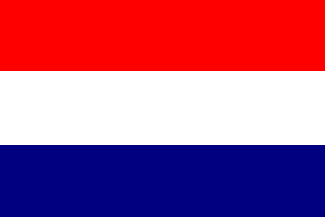 |
- BIOCOMBE
website is strongly linked to the BIOMARE project which on its
turn was a MARS Network inititative. The project will last for
3.5 years, and will focus on the relationships between (high
versus low) biodiversity and functional aspect of benthic marine
ecosystems (at genetic, ecophysiological, community and system
level).
|
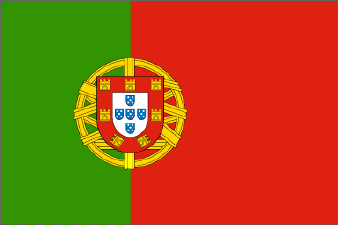 |
|
 |
- Microplankton
species of the Turkish Seas - contains detailed taxonomic
information for microplankton of the Aegean Sea, Black Sea,
Eastern Mediterranean Sea, Sea of Marmara (including Bosphorus
and Dardanelles) including the distribution and/or succession of
planktonic and/or pseudoplanktonic marine protoctists.
|
 |
- Virtual
Echinoderm Newsletter- contains information concerning
meetings and conferences, publications of interest to echinoderm
biologists, titles of theses on echinoderms, and research
interests, and addresses of echinoderm biologists.
|
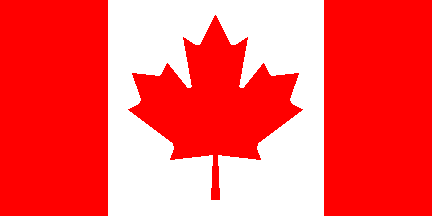 |
- Centre for Marine
Biodiversity - The CMB was established in the Autumn of
2000 in order to enhance thescientific capacity in support of
the protection of marine biodiversity, with a focus on the
Northwest Atlantic.
|
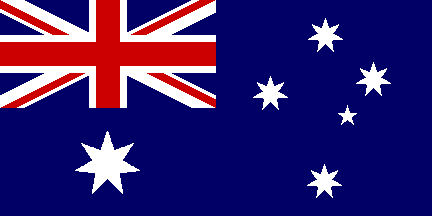 |
|
|
|
